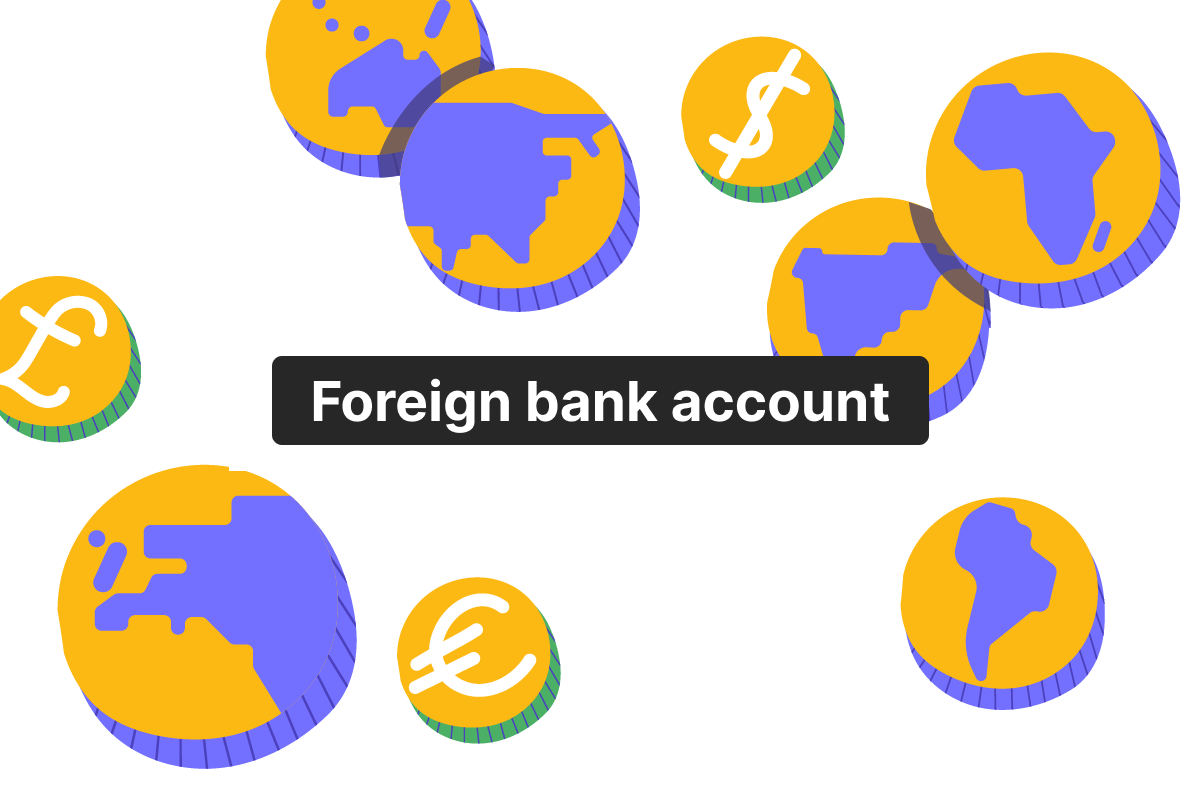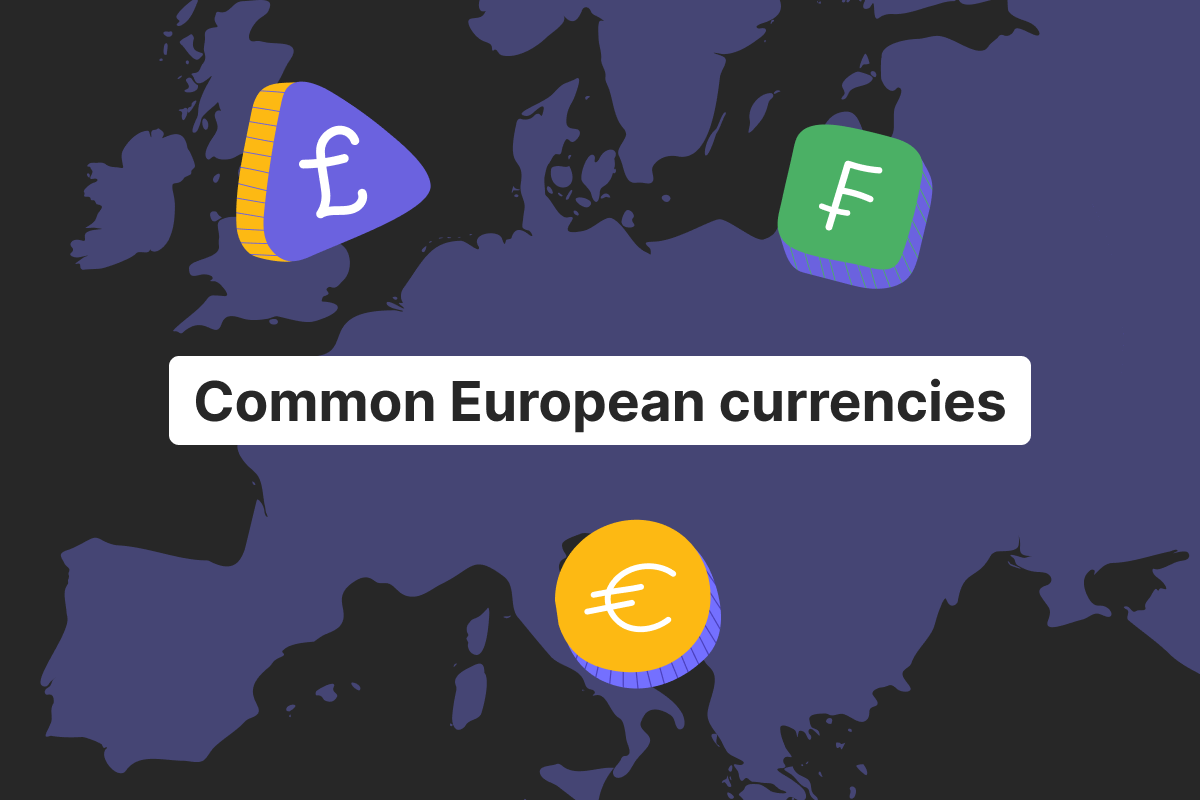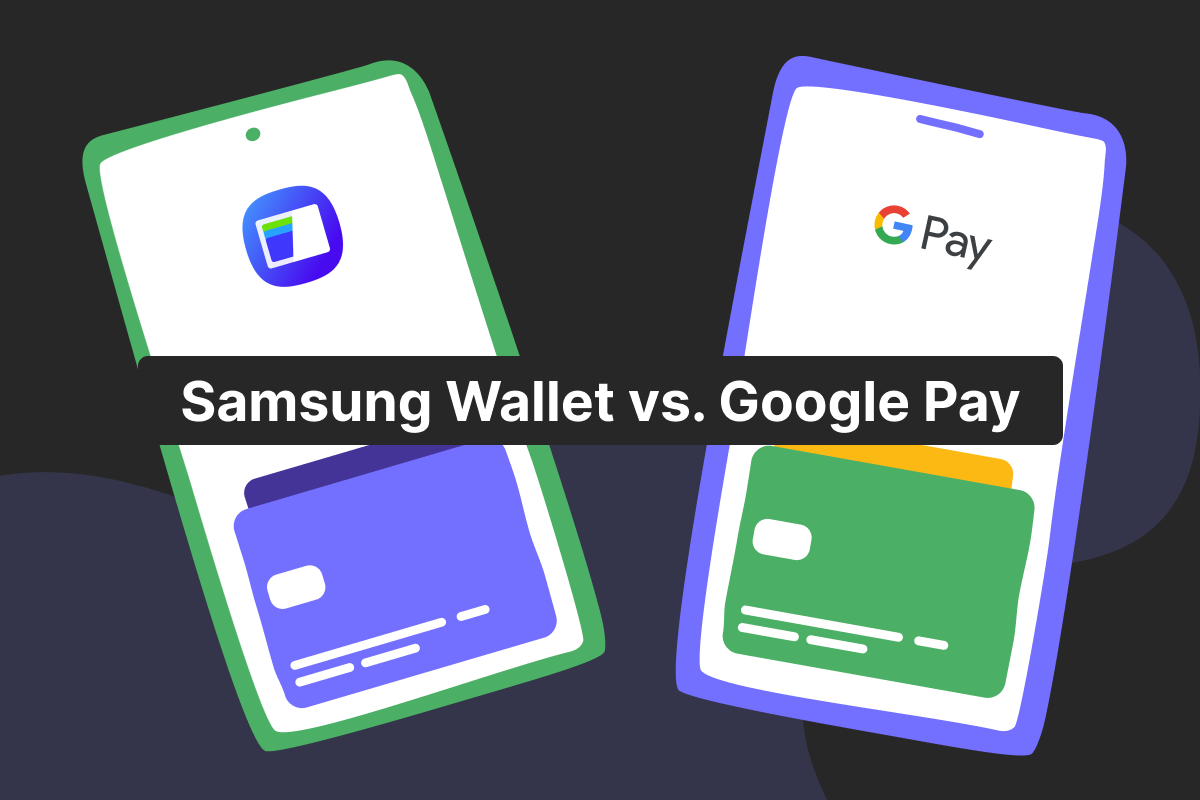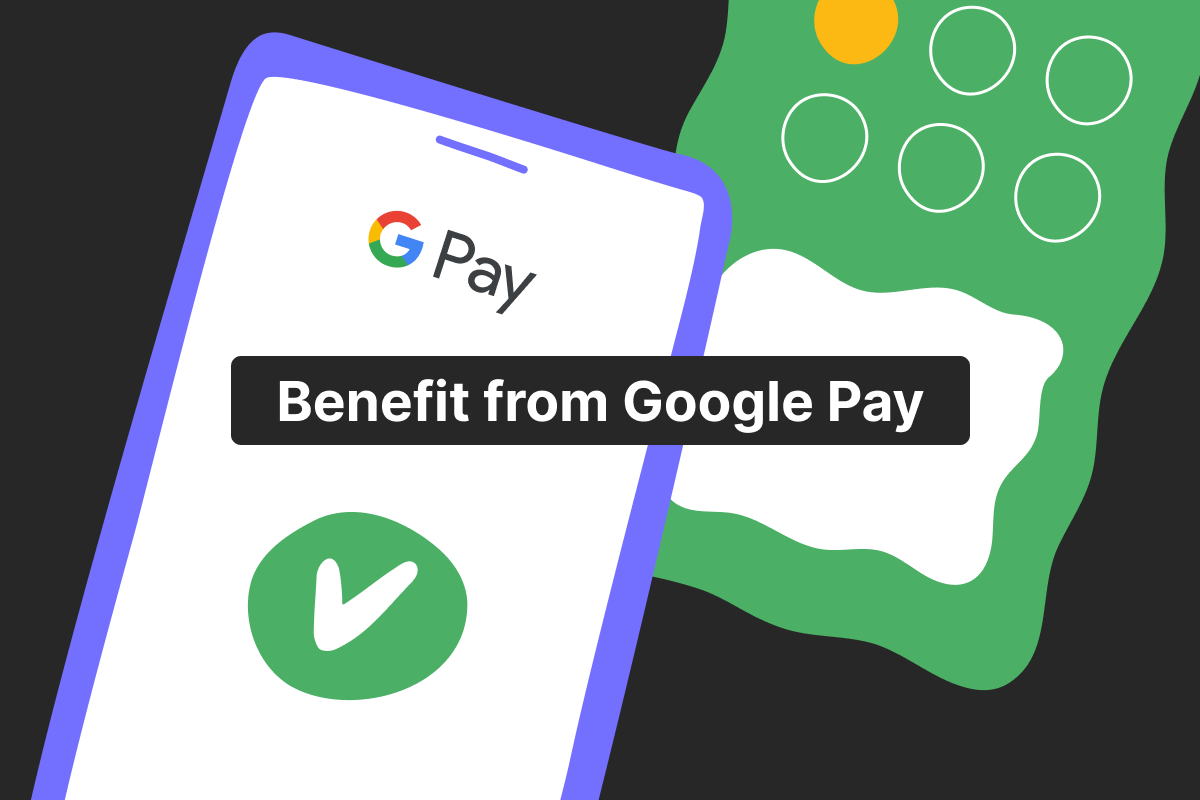The article was updated on 21.01.2025
Opening a foreign bank account doesn’t have to be hugely complicated. If you need accounts in multiple currencies or as an easy way to make international payments to different countries, you can have one up and running in little time.
Understanding the need for foreign bank accounts
There are various reasons for wanting to open a foreign bank account. This might make your international business travel easier by using a debit card in the local currency. Or it might be a way to open up new investment opportunities in different currencies.
The advantages of having a bank account in a foreign country are that you can manage your currency well if you offer international services or receive payments outside your home country.
It may also act as a form of financial diversification. By having funds and investments in local currencies in multiple countries, you can look to avoid the risk of inflation or other currency-related issues devaluing your funds. If you need to pay workers or suppliers in other countries, having access to local accounts is extremely helpful.
Research banking options
How can you open a foreign bank account for business purposes? The first step is to research the options open to you. When looking at a local account in a different country, you should start by considering factors such as the bank’s reputation and whether its banking services comply with the latest regulations.
You’ll also want to see what services are available and the fees for using them. Opening a non-resident account may lead to an additional fee that residents don’t pay. If you plan to receive money or just hold money in an overseas bank, you need to know about any extra paperwork or tax obligations this brings.
Consider the difference between traditional and online banks to get a clearer picture of what meets your needs best. A conventional bank will have branches and probably a head office in a central location. An electronic money institution, like Genome, offers a completely online experience via its web platform or the app.
One of the benefits of online accounts is that you get easy access to a wide range of services that help you establish yourself in a new country. Dedicated IBANs let you make SEPA transfers with no fuss, while multi-currency accounts make it easier to move funds efficiently. Good exchange rates and international expertise are other advantages that make an option like Genome a smart choice, giving secure payment options for global transactions.
Open an account
in Genome online
Gather required documentation
Before opening online accounts that let you make international transfers and hold different currencies, you’ll want to make sure that you have the necessary documentation to get started.
Personal account
A valid passport
Proof of address
Proof of income, such as an employment letter or tax return
These are the standard documents that banks ask for when opening new accounts. However, you should be aware that some banks ask for additional documents.
Business account
Certificate of incorporation
Business address proof
Articles of association
List of shareholders
To open new business accounts, banks usually need certified or notarised documents. This is particularly important when you’re applying to a foreign banking system.
Contact the bank or financial institution
If you’re ready to open accounts with an overseas bank, finding out how to make initial contact is crucial. Scheduling an appointment to clear up any questions about the monthly fee or minimum balance requirements may be tricky. If you have business partners or family members in the country, this may help, but finding their online contact details is usually quicker.
At the early stage, you’ll want to be clear about the account opening requirements and terms. Do you need a local utility bill, a translation, or some other type of document that you don’t currently possess? If your preferred method of finding out about opening an account is online, you can use Genome’s 24/7 support to get fast answers and start the onboarding process right away.
Complete the application process
Filling out the right forms and submitting the right documents is often a troublesome part of this process. It is more difficult if you encounter a language barrier when opening new accounts in places like mainland China or Latin America.
To avoid some of the most common errors with new foreign bank accounts, you should ensure that you have clarity on the type of account and currency. Make sure that the documents mentioned earlier are available, too.
Comply with KYC and AML requirements
Identity verification is part of the Know Your Customer (KYC) and Anti-Money Laundering (AML) regulations in the banking industry wherever you go. It is a way of confirming the source of funds and the purpose of transactions.
To comply with these requirements, the bank typically needs details like proof of identity and source of funds when opening accounts. The secure and efficient KYC process carried out by Genome ensures that this doesn’t become a problem or delay the opening of your account.
Wait for approval and account activation
The account opening timelines vary widely across the planet, ranging from just a few days in some countries to weeks in others.
It’s a good idea to stay updated on the progress of your account. This can be done online by activating notifications on the site or app and checking your email regularly. Once your account has been approved, check for an activation email that explains how to start using it.
Set up account services
With an activated account, you’re now ready to start online banking, which may require you to speak to the bank if you opened your account at a local branch. If you’ve completed an online banking process, you should already have the passwords and other crucial information needed to access your accounts.
When starting to manage your account, you might want to begin by ordering the most important banking services, such as cards. The process for making batch payments could also be important to you, as it helps to save a lot of time when you need to send numerous transfers.
With Genome, for instance, you can order both physical and virtual cards online. These Visa debit cards are compatible with Apple Pay, Google Pay, and Garmin Pay. You can stay in control of your funds at all times, as all the information regarding your cards can be found inside the app.
Maintain compliance
Managing your money across two or more countries adds to the need to stay compliant with your tax reporting obligations. You don’t want to receive a fine or jail time due to a failure to understand the local laws, leading to inadvertent tax evasion. Whether it’s a business account in a US bank or an expat account elsewhere, you need to be clear about meeting your tax liability.
Some of the ways to avoid penalties and delays include maintaining a minimum balance at all times and checking regularly to see if any monthly fee has been applied.
Tips for opening a foreign bank account
Opening new accounts in different countries doesn’t need to be a step into the unknown. The fees and paperwork requirements are among the aspects you can look into in advance. It means you’ll be in a strong position to get started without unexpected setbacks.
You might want to seek professional investment advice if you’re carrying out a complex transaction, such as moving large investments.
Open an account
in Genome online
Potential challenges and how to overcome them
There are some big potential challenges to be aware of when opening overseas accounts. These include the different banking processes used across the world, different approaches to regulatory compliance, and the language barrier.
Being well-prepared and carrying out sufficient online research is the best way to minimize these challenges. Checking online will let you see about the international banks you can use and how to move your money safely.
Grow your business or diversify personal accounts
Opening a foreign bank account is going to be a lot easier if you follow the basic steps we’ve covered in the article.
If you’re looking for reliable personal or business account options, why not try Genome? We serve customers from over 70 countries and you can see if your country is eligible by checking our list of permitted countries for legal and natural clients.
Genome’s robust financial services are here to help you by supporting your global banking needs with the ease and security you need.
Make use of multi-currency accounts, favorable exchange rates, SEPA Credit and Instant Transfers, Visa cards – all this and more with Genome wallet.
Open an account
in Genome online
FAQs
Can I open a foreign bank account online?
It depends on which country you want to open an account in, as banks have different regulations to comply with. Choosing an online-only bank service with multi-currency accounts and dedicated IBANs is often the fastest approach to getting an overseas account.
Are there fees for maintaining a foreign bank account?
It varies from country to country and may also depend on the amount of money or type of investments you hold. Some fully digital financial institutions provide a cost-efficient alternative that won’t charge you fees for financial services or have lower fees.
Do I need to visit the country to open an account?
It isn’t necessary in the case of online banks, which offer access to different currencies and easy international transfers. To open an account at a local branch, you’ll likely have to visit them, although you might initially like to enquire online or by email.
How long does it take to open a foreign bank account?
The time needed to open an account varies according to issues like the complexity of the KYC process. It can be made easier and faster by using a digital banking service where the full process is carried out online.
Can businesses benefit from foreign bank accounts?
Yes, having an overseas bank account can be a smarter way to send and receive money. It can allow you to avoid international transfer fees and provide an effective way to diversify your investment into different currencies across multiple countries.






